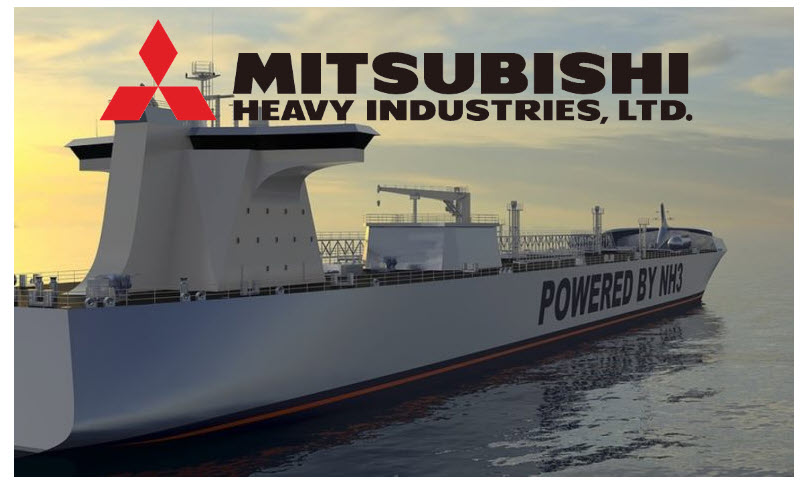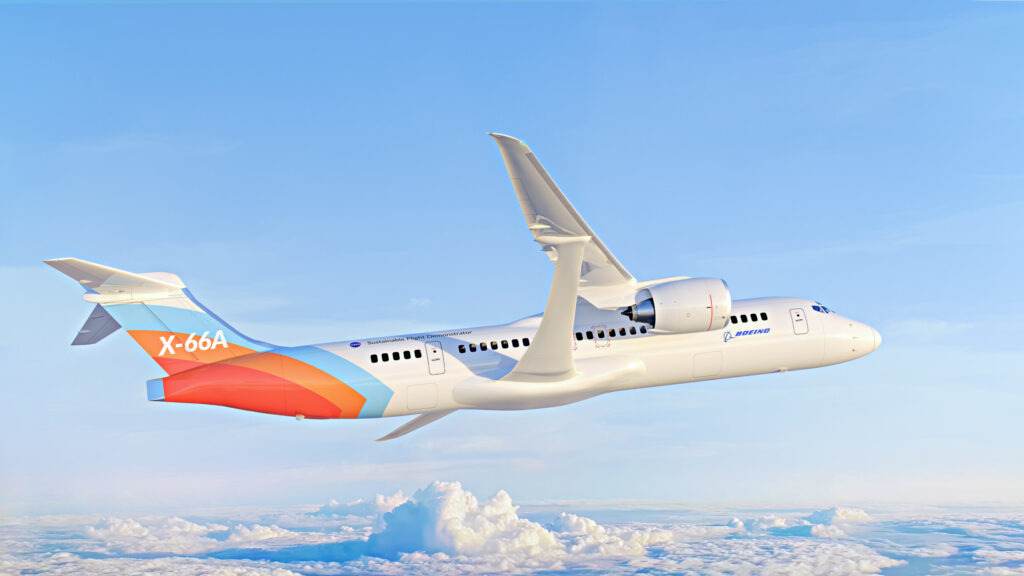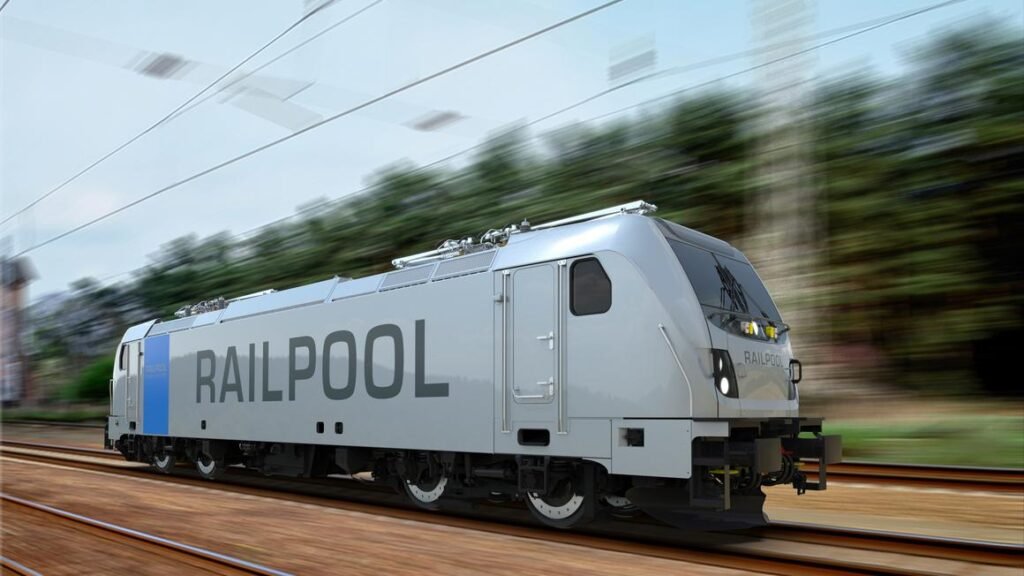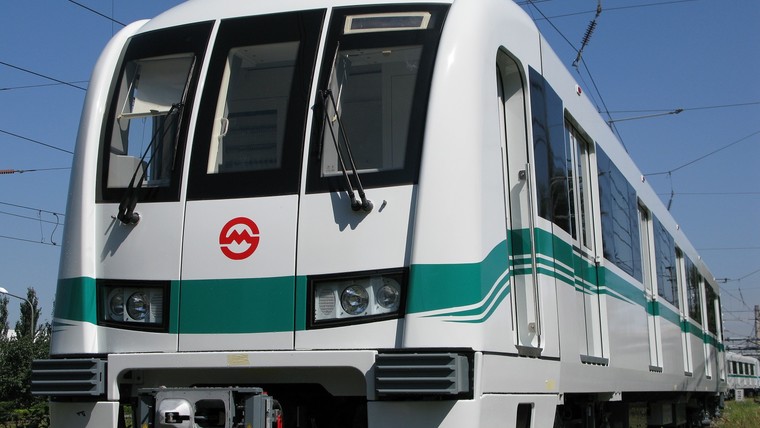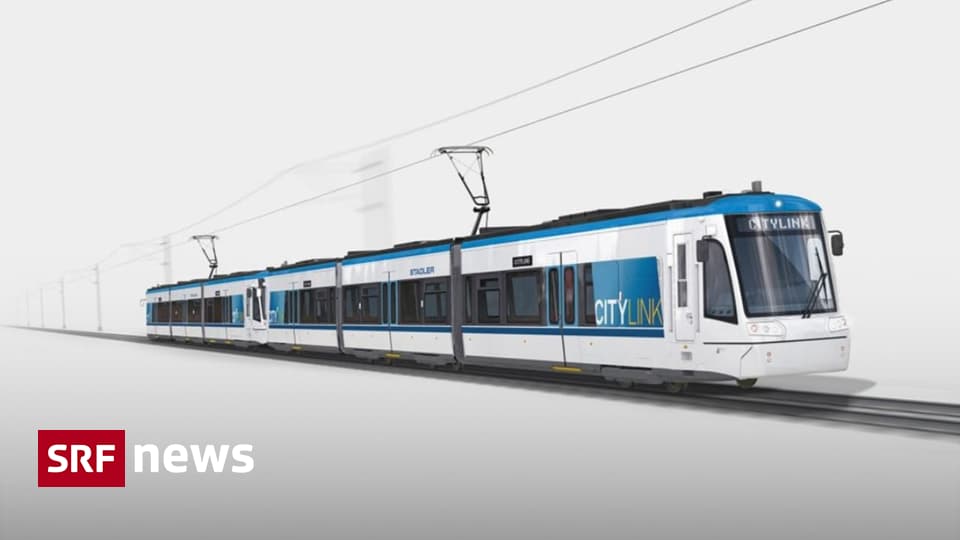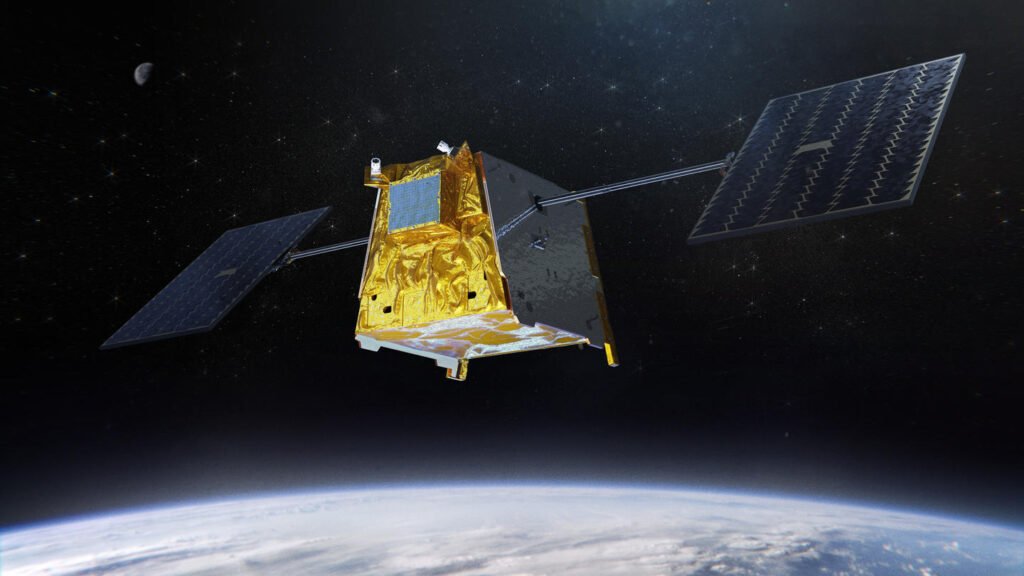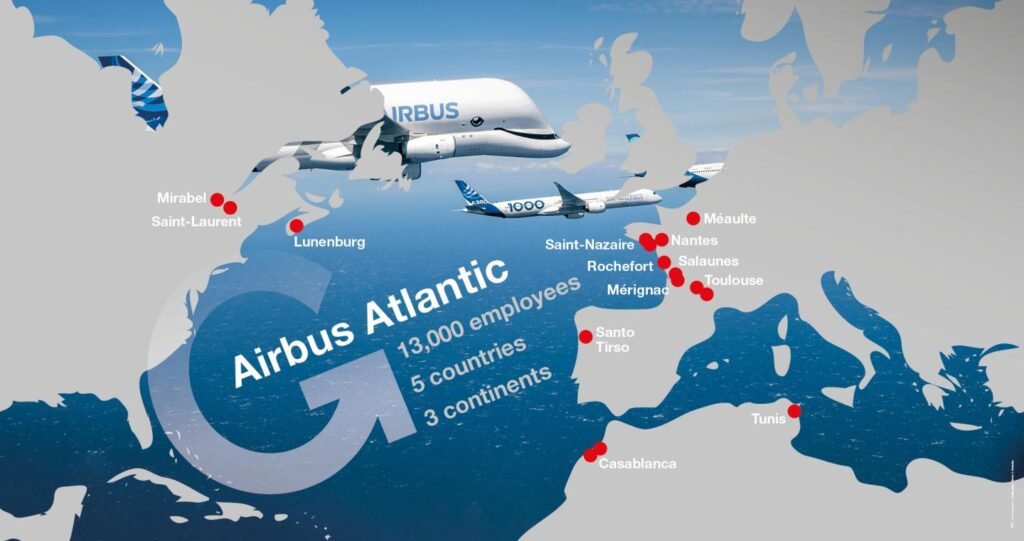Texas Central and Amtrak Seek to Explore High-Speed Rail Service Opportunities
Washington, D.C. – Texas Central Partners (“Texas Central”) and Amtrak are seeking opportunities to advance planning and analysis work associated with the proposed Dallas-Houston 205-mph high-speed rail project to further determine its viability. Amtrak has cooperated…

